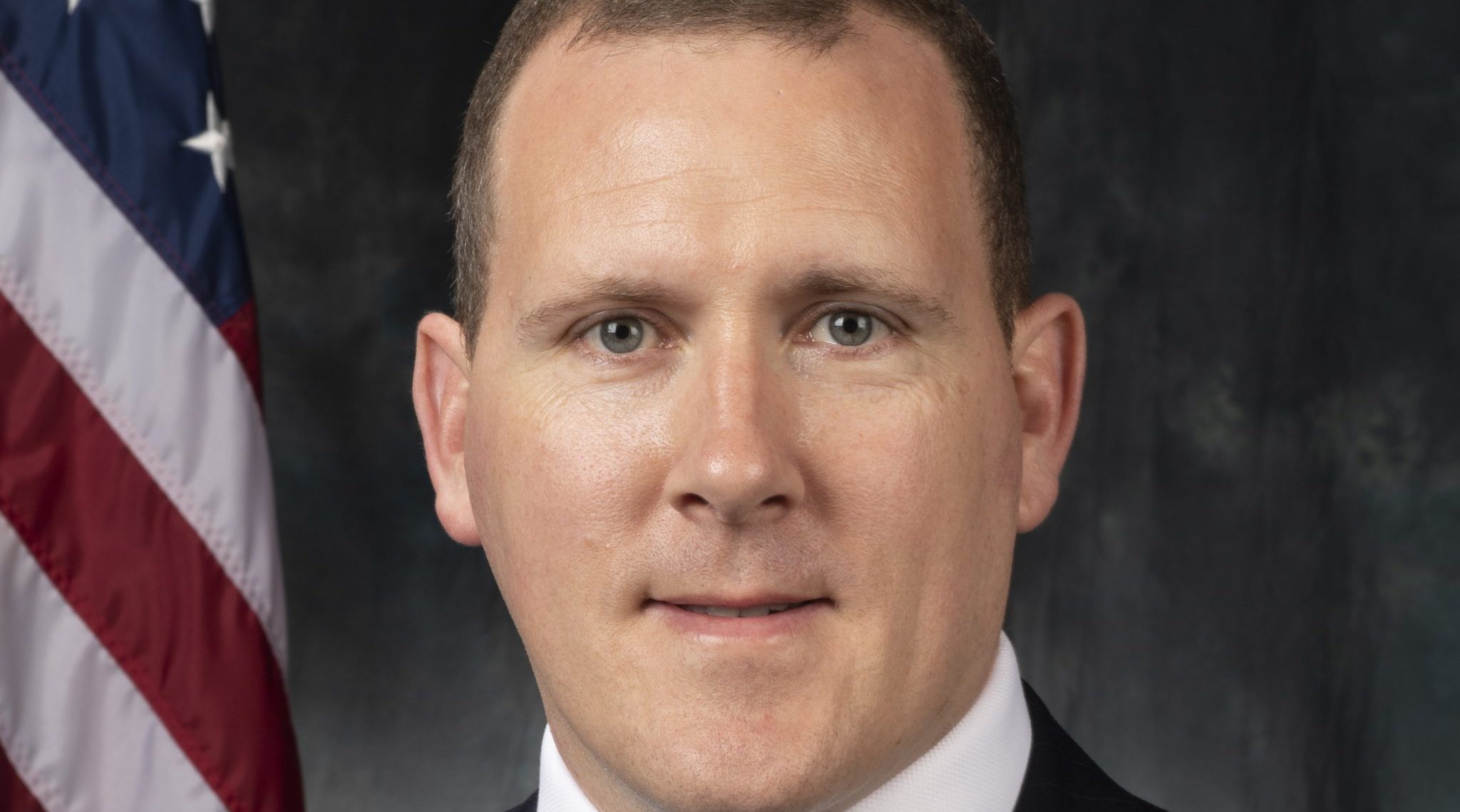Andrew Smith, CPP, FP-C, is a distinguished retired U.S. Marshal with over 25 years of experience in security and emergency services. Holding a Master of Arts in Defense and Strategic Studies from the U.S. Naval War College, Andrew has expertly managed complex security operations across both public and private sectors. He is a certified Protection Professional and also a certified Flight Paramedic, emphasizing his diverse skill set in tactical and emergency response scenarios. Andrew’s career highlights include roles such as Assistant Director for Tactical Operations and various leadership positions where he oversaw large-scale, high-stakes security measures. His profound understanding of crisis management, integrated technology solutions, and strategic security planning have marked him as a leader in the field. Currently, Andrew is focused on mentoring and educating future security professionals, sharing his vast knowledge and experience to nurture the next generation in the security industry.
Can you share how your journey in security and emergency services began?
My career started due to a genuine interest in public service and safety. Initially, my roles in emergency medical services exposed me to the direct impact and importance of quick decision-making and risk management, which steered me towards more specialized security roles. This path has allowed me to blend my skills and interests in a way that positively affects public safety and security.
What are some of the most significant changes you’ve seen in the field of security over the years?
The technological revolution has been the biggest game-changer. When I began, much of our work was reactionary. Today, we use advanced technologies like AI and machine learning not just to respond to threats, but to anticipate them. This shift towards a more proactive security posture has significantly transformed our strategies and outcomes.
What strategies do you find most effective for managing large teams in high-pressure situations?
Clear communication and defined roles are crucial. Each team member must understand their responsibilities and the part they play in the broader mission. In high-stress environments, it’s also vital to maintain calm and provide reassurance, which helps in keeping the team focused and effective. I always strive to lead by example—staying composed and decision-focused during critical situations.
How do you approach the integration of new technologies into traditional security practices?
It’s about finding the balance between innovation and reliability. New technologies offer tremendous benefits but can also come with risks. My approach is to pilot new solutions on a small scale, evaluate their effectiveness rigorously, and ensure they align with our strategic goals before a full rollout. It’s also essential to train personnel thoroughly to handle these new tools effectively.
From your vast experience, what do you believe are the biggest challenges facing the security industry today?
Cybersecurity is the frontier where most modern battles are fought, and it represents a significant challenge. The pace at which new threats develop requires constant vigilance and adaptation. Another challenge is the integration of global security measures in a world that is increasingly interconnected yet diverse in terms of laws and cultural norms.
Can you share a memorable experience from your career that shaped your perspective on leadership?
One particularly intense situation involved a hostage barricade situation in Louisiana. Members of the Special Operations Group were deployed to effect the apprehension of a wanted fugitive however he had barricaded himself inside a room with a hostage. I was fortunate in that I knew the on site commander he was and remains a very close friend experienced in tactical decision making and I knew his thought process aligned with mine. The barricade situation lasted well into the night but I knew that I did not have to be on scene with him nor was I interested in micro-managing his decisions. He knew my overall guidance and both he and his team were very well trained and prepared. Therefore, I went to sleep knowing the Commander would call if I needed to be awake. I woke up the next morning to a message, hostages safe, subject in custody, minimal use of force. The experience reinforced to me the importance of choosing the right people for positions, preparing them appropriately for the missions and then communicating clear guidance as to your expectations. This was the best example of the importance of mission command, providing clear guidance enabling the on the ground leaders to make decisions.
What advice would you give to young professionals aspiring to a career in security and law enforcement?
Be prepared to commit to lifelong learning. This field evolves rapidly, and staying informed is non-negotiable. You can never have the answers necessary for success if you are not open to learning at every turn. Also, remember that integrity is your greatest asset. Your reputation and the trust people place in you are foundational to success in law enforcement and security.
Looking ahead, where do you see your focus or interests directing you in the next phase of your career?
I am increasingly interested in mentoring and education. I believe there’s a lot I can give back by preparing the next generation of security professionals. Sharing my experiences and lessons learned can help them navigate this complex field more effectively and ethically.
How do you unwind from the intense demands of your career?
I find great solace in being outside. Whether it’s the mountains or the water, hiking, fishing, or simply spending breathing the outside air,, being close to nature helps me reset and gain perspective. I also enjoy volunteering, as it connects me with the community in a very different but equally rewarding way. I volunteer in a few different organizations dedicated to helping those with disabilities.

